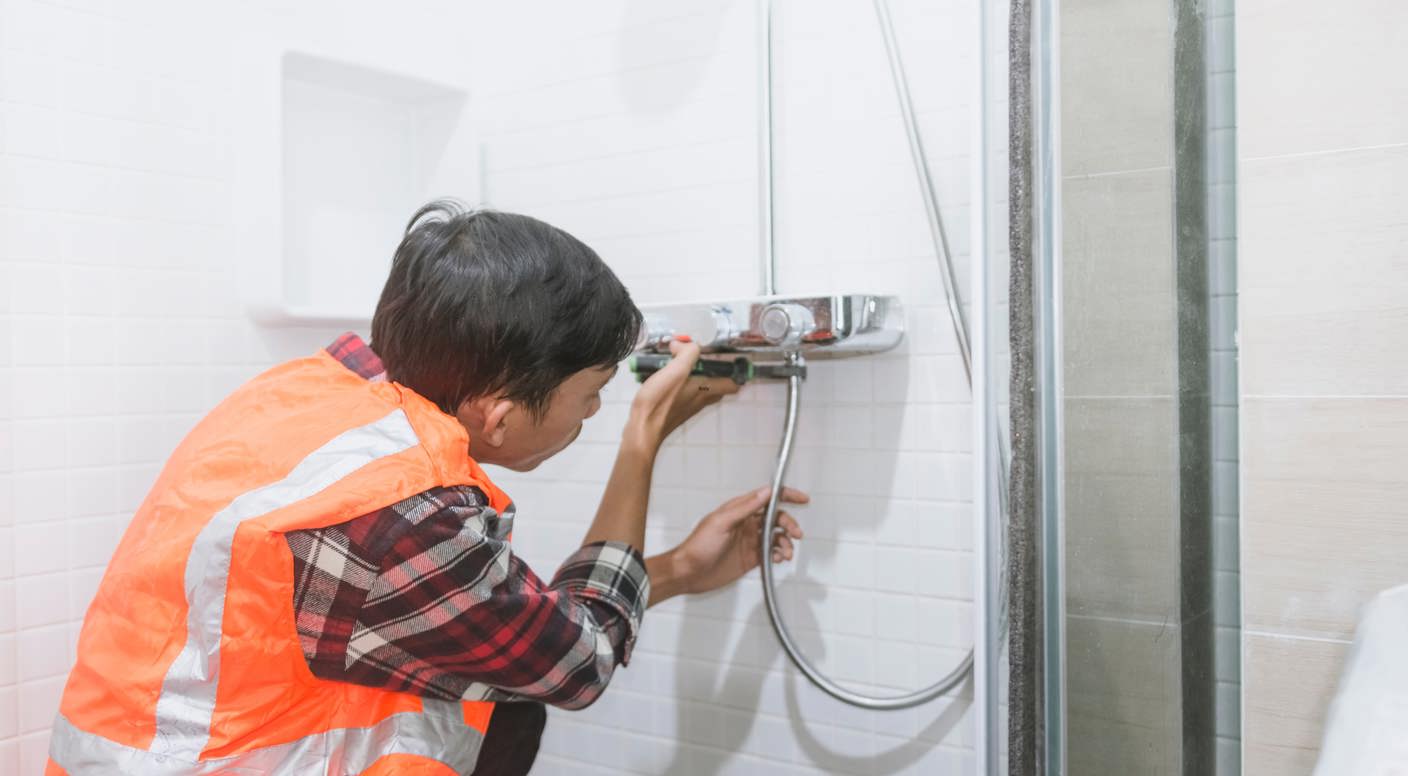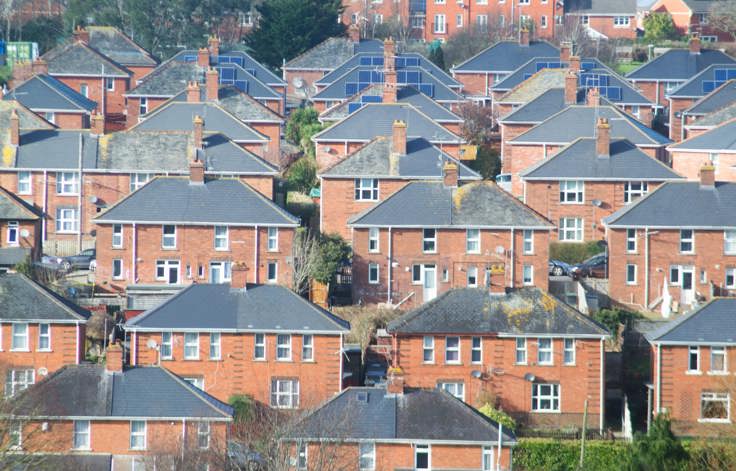An accurate property valuation you can trust
We'll help you to find the value of your property, so you can find a buyer or tenant as soon as possible.
Enter your details below to book a professional appraisal.
What is Awaab's Law and How Will It Help Renters with Maintenance Issues?
Awaab's Law is a new legal requirement introduced in England to ensure social housing tenants are protected from health hazards caused by poor property conditions. Named after Awaab Ishak, a two-year-old boy who died in 2020 from prolonged exposure to mould in his family's home, the law aims to hold landlords accountable and enforce swift action on maintenance issues that pose a risk to health and safety.

Who Is Affected?
Awaab's Law applies to all social housing providers in England from October 2025. While the initial phase focuses on social housing, the law is expected to expand to the private rented sector in the coming years as part of wider rental reform legislation.
What Does the Law Require Landlords to Do?
Under Awaab's Law, landlords must meet strict timeframes when tenants report serious maintenance issues. These include:
- Investigate hazards within 14 calendar days of the issue being reported.
- Provide a written report to the tenant within 48 hours of completing an inspection.
- Start repairs within 24 hours for emergency health risks like severe mould, leaks or structural damage.
- Begin non-urgent but serious repairs within 7 days of confirmation.
- Rehouse the tenant temporarily if the repairs cannot be completed safely while they remain in the home.
What Types of Issues Are Covered?
The law primarily targets health and safety risks, especially those linked to damp, mould, poor ventilation, leaks, and internal damage. Over time, the scope will expand to include broader hazards such as unsafe electrics, inadequate heating, structural instability, and fire safety concerns.
When Will the Law Take Effect?
The implementation will take place in stages:
From October 2025: All social housing landlords in England must comply with the new timeframes for damp, mould, and other urgent health-related repairs.
During 2026: The law is expected to be broadened to include additional hazards and cover more types of disrepair that affect health and quality of life.
By 2027: It is anticipated that Awaab's Law or similar standards will apply to private landlords as part of comprehensive reforms to the rental sector.
What Happens if Landlords Fail to Comply?
Failure to meet the legal obligations can result in serious consequences, including financial penalties, legal action, and enforcement by the Housing Ombudsman or local authorities. Tenants also gain clearer rights to escalate unresolved issues and hold landlords accountable for unsafe living conditions.
Why Awaab's Law Matters
Awaab's Law is a landmark moment in housing legislation. It ensures that tenants no longer have to wait months for serious repairs, especially when their health is at risk. The law creates clearer communication between tenants and landlords and establishes enforceable deadlines for action. It also sends a strong message that substandard housing is unacceptable and will not be tolerated by law.
How Renters Will Benefit
For renters, this law introduces real protections. It means:
- Faster response to urgent housing issues
- Legal timeframes that landlords must follow
- Written confirmation of inspections and planned repairs
- Greater accountability and support from regulators
- The ability to escalate issues without delay if landlords do not comply
Awaab's Law is a significant improvement in tenant rights and housing safety. Starting in October 2025, social landlords must take faster and more responsible action when tenants report issues that impact their health, especially mould, leaks, and poor living conditions. In the years ahead, similar protections are expected to extend across the private rental sector. For renters, the law represents a stronger safety net, quicker repairs, and a healthier standard of living for all.
Related Posts
UK Rental Market Outlook 2026: National Trends & North West Growth Analysis
Our latest blog post combines the latest data from the Rightmove Rental Trends Tracker, the ONS Private Rental Price Index,…
Most In-Demand Property Features for 2026 Buyers: UK Trends and North West Insights
National data from the Office for National Statistics, the Bank of England and leading property portals such as Rightmove consistently…
Why Coastal Relocations Will Surge Again in 2026: Complete Guide for UK Home Buyers
Across the UK, search volumes for phrases such as "move to the coast", "best coastal towns to live", and "coastal…



